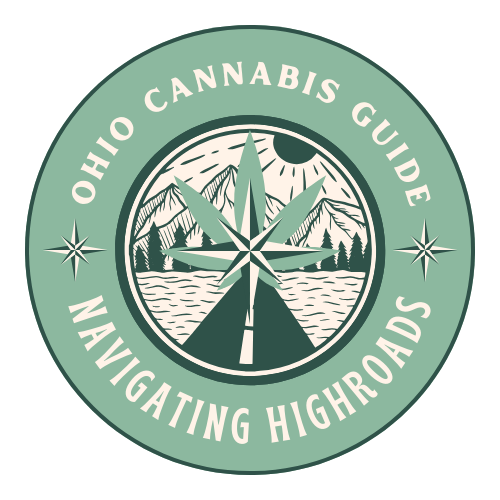“Cannabidiol,” commonly known as CBD, is one of many compounds found in the cannabis"Cannabis" is a broad term that refers to a flowering plant scientifically known as Cannabis Sativa L. The term is commonly used to describe the cannabis plant and its products... More plant. It is non-psychoactive, meaning it does not produce a “high” like its counterpart THC (tetrahydrocannabinol). CBD has gained popularity for its potential therapeutic effects and is used in many products, including edibles, drops, and topicals.
Key Information:
- Common Uses:
- CBD is commonly used for its potential therapeutic benefits. It is often included in wellness and health products, including CBD oils, tinctures, capsules, and topical creams. People use CBD for purposes such as relaxation, stress relief, and to alleviate certain symptoms.
- Effects:
- Unlike THC, CBD does not produce intoxicating effects. Instead, it interacts with the endocannabinoid system in the body, potentially influencing factors like mood, sleep, and pain perception. Users may experience a sense of relaxation without the typical psychoactive sensations associated with cannabis.
- Legislation and Regulation:
- The legal status of CBD varies worldwide. In some areas, CBD that comes from hemp with low THC content is legal, while in other areas, the legality may be subject to even more specific conditions. Users should be aware of local regulations regarding the sale and use of CBD products.
Why It Matters:
Understanding CBD is crucial for individuals interested in the potential therapeutic effects of cannabis. As a non-psychoactive compound, CBD offers an option for those seeking relief without the typical “high” associated with cannabis.
Common Misconceptions:
- Misconception: CBD and THC are the same.
- Correction: While both are cannabinoids"Cannabinoids" are a diverse group of chemical compounds found in the cannabis plant, Cannabis sativa. These compounds interact with the body's endocannabinoid system, influencing various physiological processes. Both endocannabinoids that... More, CBD and THC have different effects. CBD is non-psychoactive, whereas THC produces the characteristic “high” associated with cannabis.
- Misconception: All CBD products are the same.
- Correction: CBD products can vary in quality and formulation. Factors such as extraction methods, source, and additional ingredients can influence the effectiveness of CBD products.
Safety Considerations:
CBD is generally considered safe, but users should be aware of potential interactions with medications and consult with healthcare professionals, especially if they have pre-existing health conditions. Quality assurance and third-party testing of CBD products are important for ensuring safety and potency.
Additional Resources:
- Articles and Publications:
- Videos and Visual Resources:
- Industry Experts:
Related Terms:
- Cannabinoids
- Full-Spectrum CBD
- CBD Isolate
FAQs (Frequently Asked Questions):
- Q: Does CBD produce a “high” like THC?
- A: No, CBD is non-psychoactive and does not produce the characteristic “high” associated with THC.
- Q: Are all CBD products legal?
- A: The legality of CBD products depends on factors such as the source of the CBD (hemp or marijuana) and local regulations. Users should be aware of and comply with relevant laws.
- Q: Can CBD be used for specific medical conditions?
- A: Some individuals use CBD for various purposes, but it’s important for those with specific medical conditions to consult with healthcare professionals for personalized advice.
